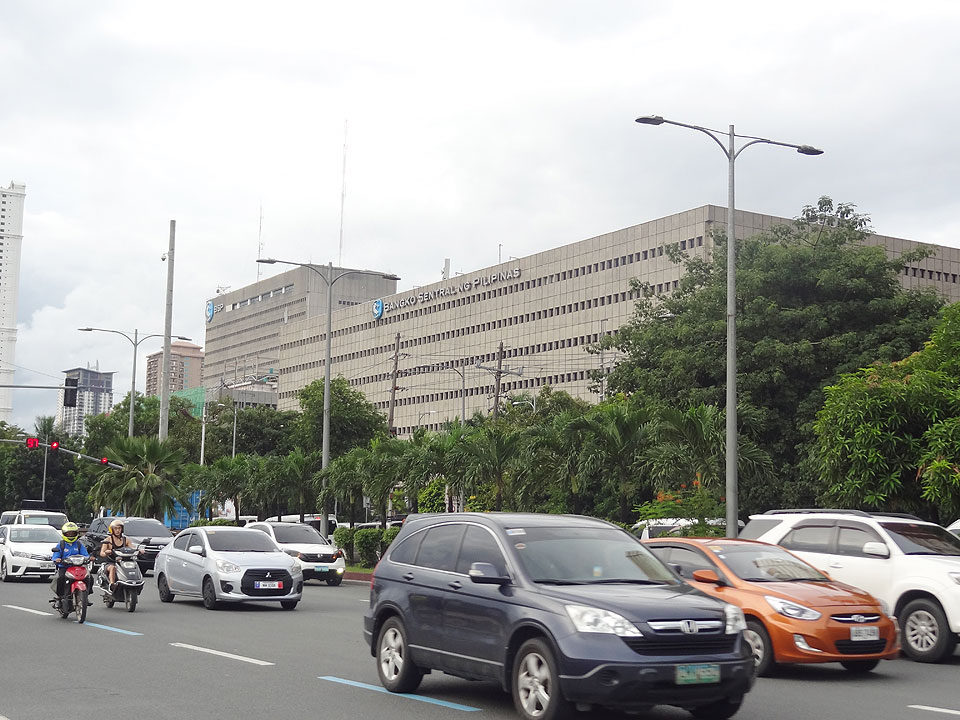Digital banks must guard vs fraud, data privacy risks, BSP says

THE BANGKO SENTRAL ng Pilipinas (BSP) expects online banks to guard against risks that come with digitalization, such as data privacy issues and fraud.
“Data privacy concerns, money laundering, and electronic frauds are among the issues that can undermine the confidence in this policy initiative [of allowing digital banks to operate],” BSP Governor Benjamin E. Diokno said at an online webinar organized by the Management Association of the Philippines.
“We therefore expect that the key stakeholders, particularly the financial institutions, to adopt adequate measures and controls to manage such risks,” he added.
The BSP has issued six digital bank licenses and has said it will likely cap this at seven until 2023. Mr. Diokno said nine more players submitted applications that met its Aug. 31 deadline, with the last successful market entrant to be announced soon.
The firms that were granted digital bank licenses were state-owned Overseas Filipino Bank (OFBank); Tonik Digital Bank, Inc. (Philippines); UNObank, Aboitiz-led UnionBank of the Philippines, Inc., which will operate Union Digital Bank (UnionDigital); GOtyme, which is owned by the Gokongwei Group and Singapore fintech firm Tyme; and PayMaya Philippines, which will operate Maya Bank.
“On the part of the BSP, we are committed to establish the policy and regulatory environment that will enable innovations to flourish while ensuring that the controls and safeguards are in place,” Mr. Diokno added.
UnionDigital Co-Founder and Chief Executive Officer Ramon Vicente “Arvie” V. de Vera II said in the same forum that digital banks have the responsibility to ensure customers’ data are protected amid the rise in online transactions.
“The data of our customers, the threats to cybersecurity, are things we have to take care of, especially in an era of open finance. As data becomes more freely shared, how do you secure that?” Mr. de Vera said.
Data are valuable for financial players as these can help them improve their products and services, Maya Bank Director Shailesh Baidwan said, noting they have learned from the experiences of PayMaya’s user base of 40 million.
“These users, MSMEs (micro-, small-, and medium-sized enterprises), we get to know them better and better as they do everyday transactions with us. We get to know more of their needs and we have to constantly update our products and offerings,” Mr. Baidwan said.
Tonik Digital Bank Country Head Maria Lourdes Jocelyn “Long” S. Pineda said they likewise use alternative data, such as social media information, for their credit underwriting standards.
Ms. Pineda added that they are optimistic about the opportunities in the country’s retail lending market.
“We’re looking at something like $13 billion for consumer lending in the Philippines that is largely untapped. A lot of people want to have access to financial services, particularly loans, but because of certain pain points in dealing with traditional banks, that’s something that’s been a bit difficult particularly for the underbanked segments,” she said.
UNOBank Co-Founder and CEO Manish Bhai said they are looking to focus on consumer lending in the Philippines but noted they will also offer other products. He said they are working on a “Netflix-type” hyper-customization model to service their clients.
“For someone to make ends meet, there is no point for trying to show investment options to that person. We want to approach banking that is relevant for them,” Mr. Bhai said.
Meanwhile, GOtyme Founding President and Co-CEO Elmer “Jojo” M. Malolos said their edge lies in the retail networks of their parent unit as this will let them capture specific target markets.
“GOtyme is fortunate to have two big conglomerates that give us a head-start on who will benefit on this innovation,” Mr. Malolos said.
OFBank President and CEO Leila C. Martin said they have expanded to providing channels where their clients can perform online government transactions from mainly targeting Filipino migrants and their families back home.
“We will soon be coordinating with government agencies to onboard their services, having a suite of products and services that will allow payments and contributions to government agencies,” Ms. Martin said. — L.W.T. Noble



